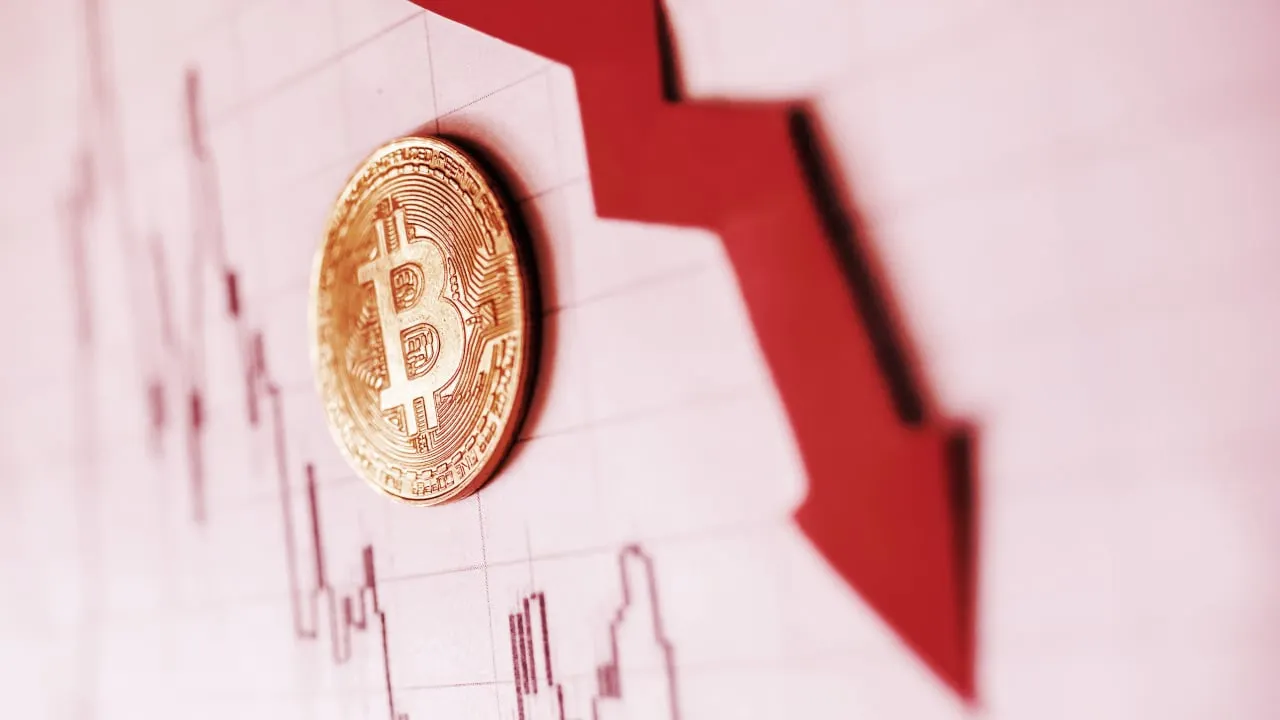The only investors making money from buying Bitcoin are the whales and pro traders—and if you bought the cryptocurrency after 2015, you’ve probably lost money.
That’s according to a new report from the Bank for International Settlements, which claims that more “sophisticated investors” in the crypto market have done well for themselves over the last seven years, but retail investors have generally lost out.
Monday’s “Crypto shocks and retail losses” report looks at how retail investors flooded the space when the price of coins and tokens started plummeting—and most buying volume took place when Bitcoin was above $30,000. At the moment, Bitcoin is trading for around $25,000, down 64% from its all-time high above $69,000.
“Data on major crypto trading platforms over August 2015-December 2022 show that, as a result, a majority of crypto app users in nearly all economies made losses on their Bitcoin holdings,” the report says, referring to state of the market following the collapse of the Terra crypto project.
Terra, at its peak, was one of the biggest blockchain ecosystems in the space. Its native coin, LUNA, had a market cap of over $30 billion, until it collapsed last May—sending “shockwaves through the system,” in the words of BIS researchers, and bringing the price of every digital asset down with it.
The BIS report also looks at the collapse of digital asset exchange FTX in November and how it hit the ecosystem. The exchange, once one of the biggest and most-respected, went bankrupt after a rush of customers tried to cash out at the same time. The bank run resulted in the exchange being forced to admit it did not hold one-to-one reserves of customer assets.
FTX was allegedly criminally mismanaged and its ex-boss, Sam Bankman-Fried, is now facing eight criminal charges in the U.S.
The BIS notes that despite Terra’s crash and FTX’s fall, activity on crypto trading apps jumped after news broke of their failures—but larger holders typically were able to “at the expense of smaller investors” as they know when to sell Bitcoin and other crypto to retail investors before a sharp decline.
“These losses could be exacerbated by the fact that larger, more sophisticated investors tended to sell their coins right before steep price declines, while smaller investors were still buying,” the report says.
“These patterns highlight the need for better investor protection in the crypto space,” the BIS concludes, echoing the sentiment coming from U.S. regulators in recent months.
Regulators and lawmakers alike have become increasingly concerned with reining in the crypto industry following the collapse of FTX. The SEC, which first began cracking down on crypto in 2018, has stepped up its "regulation by enforcement" methods lately, dishing out fines to celebrities and exchanges—all in the name of “investor protection,” in the words of the body’s chair Gary Gensler.

